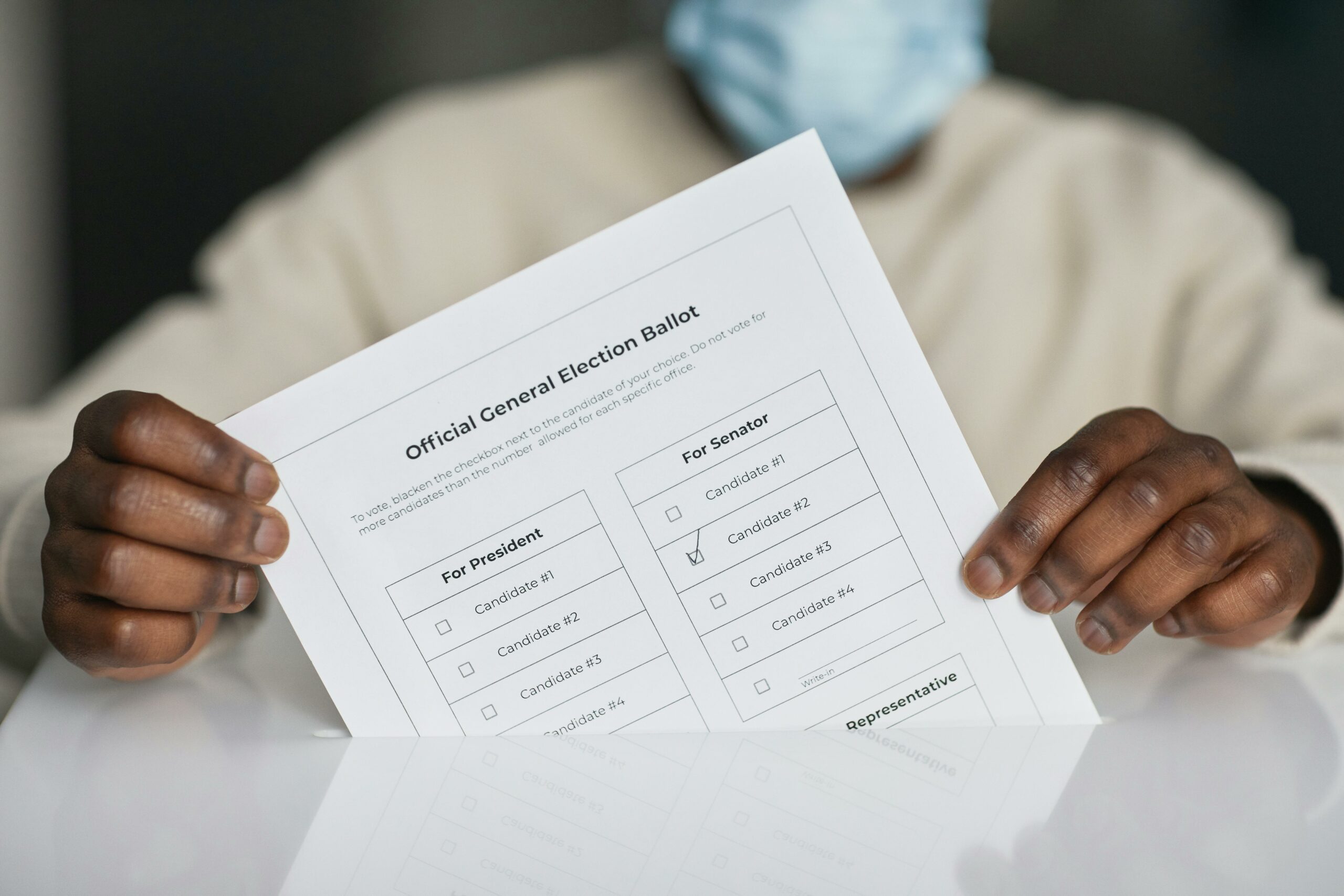The Intersection of Politics and Cricket Policies
Despite cricket being viewed as a sport that transcends political boundaries, it is undeniable that political influence plays a significant role in shaping the policies of cricketing bodies around the world. The intersection of politics and cricket is not a recent phenomenon but has deep-rooted historical origins that continue to impact the governance of the sport today.
Political agendas, whether at the national or international level, often impact decision-making processes within cricketing organizations. This influence can manifest in various ways, from the appointment of officials to the allocation of funds and resources. The intertwining of politics and cricket governance raises questions about the autonomy of the sport and the extent to which political considerations should influence the development and management of cricket policies.
Historical Context of Political Involvement in Cricket
Cricket, often deemed as a symbol of national pride and unity, has long been entwined with political influences in many countries. The historical context of political involvement in cricket dates back to colonial times, where the sport was introduced and manipulated by colonial powers for various political agendas. During these times, cricket was not merely a sport but a tool for asserting dominance and control over the colonized people.
In post-colonial eras, cricket continued to be shaped by political forces as newly independent nations sought to establish their identities on the world stage. Governments and political leaders saw cricket as a means to foster national unity, promote patriotism, and showcase their prowess internationally. This led to increased government intervention in the sport, with policies and decisions often influenced by political agendas rather than purely sporting considerations.
• Cricket has been intertwined with political influences in many countries
• Historical context of political involvement dates back to colonial times
• Colonial powers used cricket as a tool for asserting dominance and control over colonized people
• Post-colonial eras saw governments using cricket to foster national unity and promote patriotism
• Increased government intervention in the sport led to policies influenced by political agendas rather than purely sporting considerations
Impact of Political Agendas on Cricket Governance
Any sport that thrives on a global scale inevitably becomes entwined with political agendas, and cricket is no exception. The governance of the sport, responsible for shaping its future, has often found itself navigating the complexities of political influence. The decisions made by cricket governing bodies are not always driven solely by the best interests of the sport, but also by the political considerations of the nations they represent.
The impact of political agendas on cricket governance can be profound, with decisions made at the administrative level sometimes reflecting the geopolitical climate rather than the development of the sport itself. This can lead to a lack of consistency in decision-making, as the priorities of different political stakeholders may clash with the core values of cricket. As a result, the governance of cricket can become embroiled in controversies and power struggles, detracting from the game and its intended purpose of promoting fair competition and sportsmanship.
How does political influence impact cricket policies?
Political influence can often lead to changes in cricket policies based on the agendas and priorities of government officials. This can result in decisions that may not always align with the best interests of the sport.
What is the historical context of political involvement in cricket?
Political involvement in cricket dates back to the colonial era, when the sport was used as a tool for promoting British imperialism. In more recent times, governments have used cricket as a means of projecting national identity and influence.
How do political agendas affect cricket governance?
Political agendas can significantly impact cricket governance by influencing decisions related to funding, infrastructure development, team selection, and international relations. This can sometimes lead to conflicts of interest and challenges in maintaining the integrity of the sport.
What are some examples of political interference in cricket governance?
Examples of political interference in cricket governance include instances where government officials have interfered in team selection, influenced bidding processes for hosting international tournaments, and used cricket boards for political purposes.
How can the impact of political agendas on cricket governance be mitigated?
To mitigate the impact of political agendas on cricket governance, it is important for cricket boards to maintain their autonomy and independence from government influence. Transparency, accountability, and good governance practices can also help ensure that the sport is not unduly influenced by political interests.







